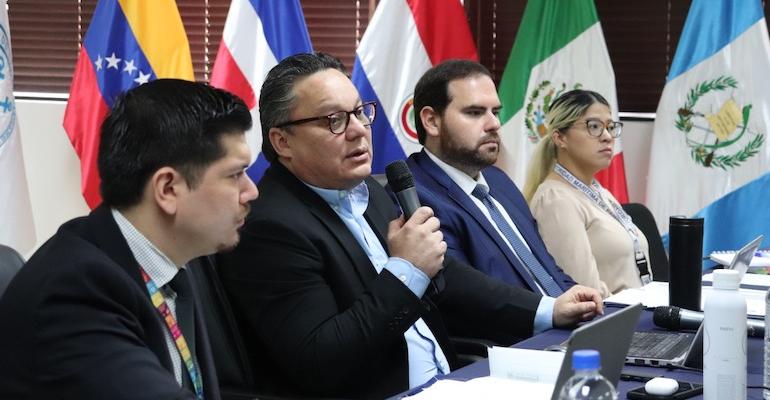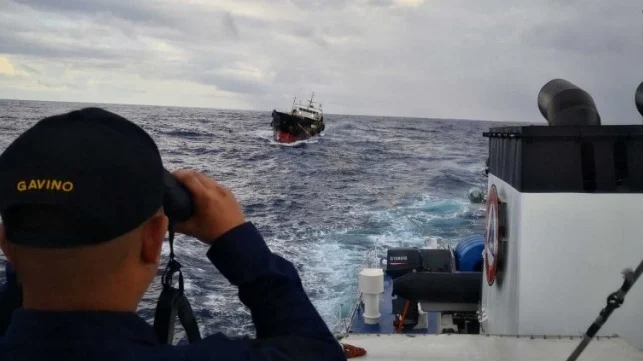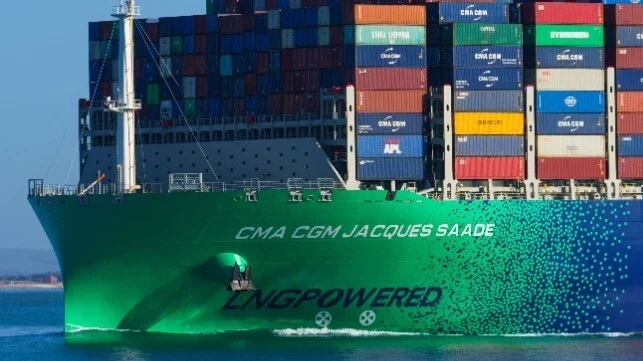IMO has facilitated virtual informal discussion sessions (6-10 July) on short-term greenhouse gas reduction measures for international shipping and their associated impact assessments.
The sessions provided a platform for all IMO Member States and organizations in consultative status with IMO to exchange views and share updated information on various technical and operational proposals to reduce the carbon intensity of international shipping by at least 40% by 2030, in line with IMO’s Initial GHG Strategy.
Carbon intensity refers to CO2 emissions per transport work, and therefore links carbon emissions to the amount of cargo transported and the distance sailed for a specific ship.
The constructive atmosphere demonstrated a keen interest to progress work on a mutually acceptable package of further amendments to IMO’s MARPOL Annex VI treaty, which already includes energy efficiency measures for shipping.

Such future amendments could combine technical and operational approaches to improve the energy efficiency of ships, with a specific reference to carbon intensity.
The webinar-like discussion sessions, attended by more than 350 participants, contributed to increasing the understanding of the various proposals for concrete measures to reduce carbon intensity and their potential impacts on States.
The sessions were arranged ahead of the postponed Intersessional Working Group on Reduction of GHG Emissions from Ships (ISWG-GHG 7) and Marine Environment Protection Committee (MEPC 75). It is hoped that both the ISWG-GHG and MEPC will be able to be held later this year.
[doc id=40072]















